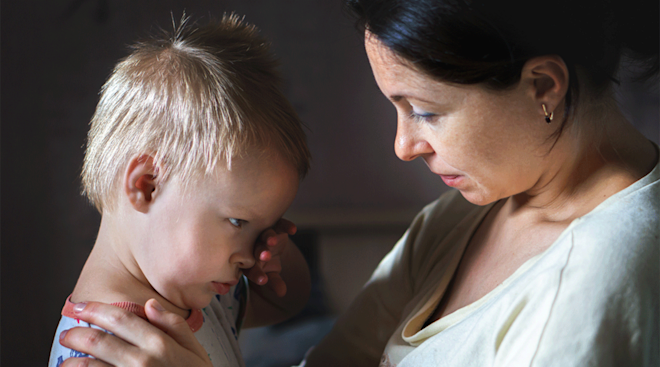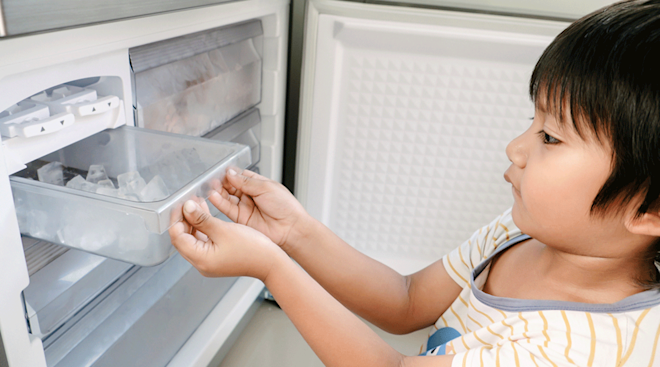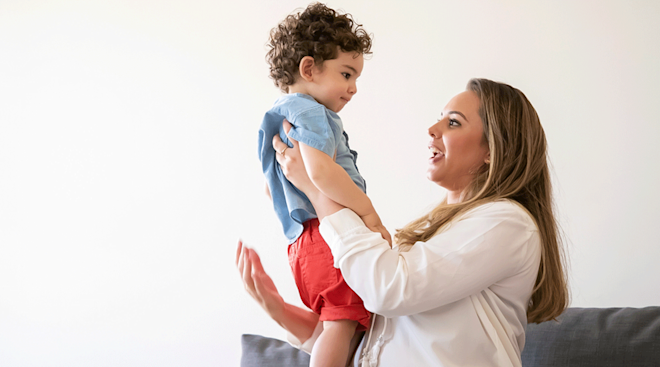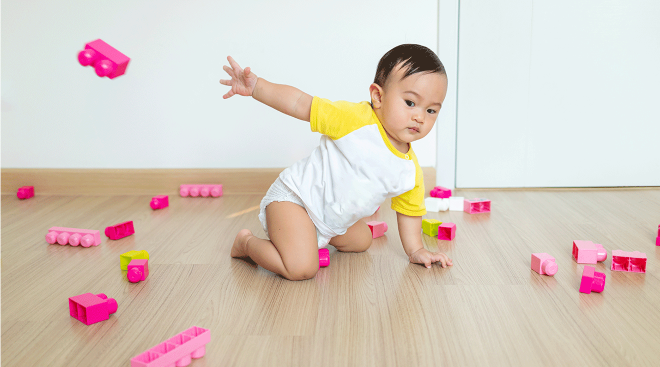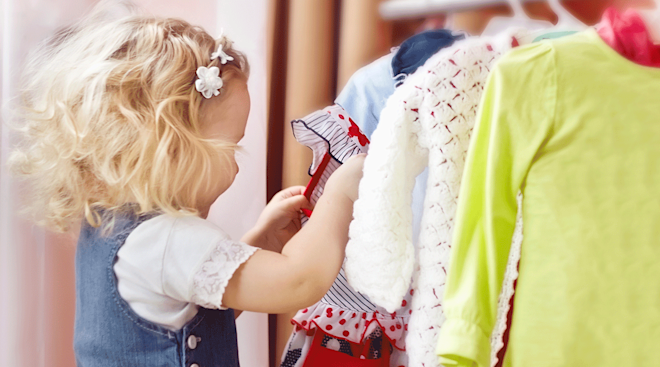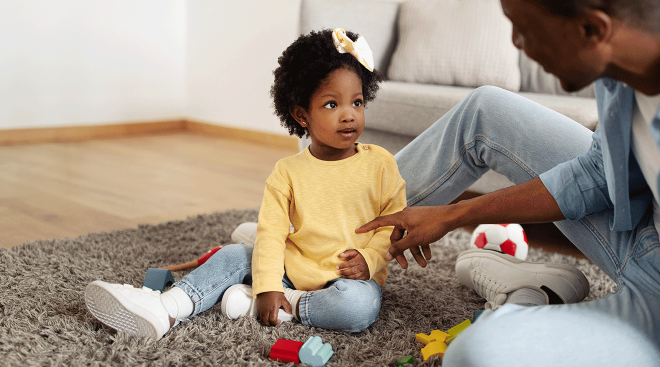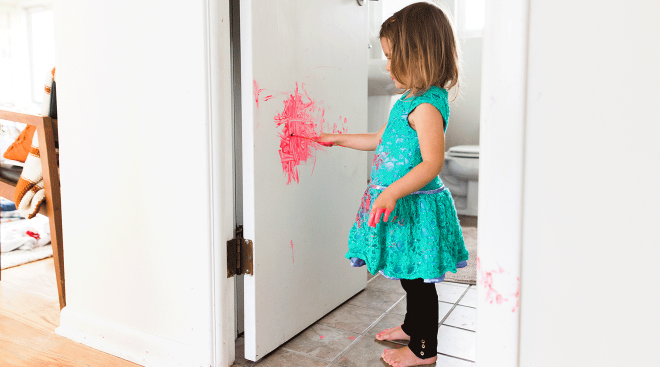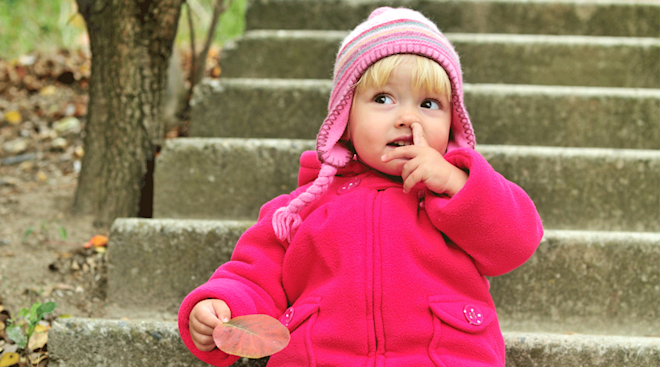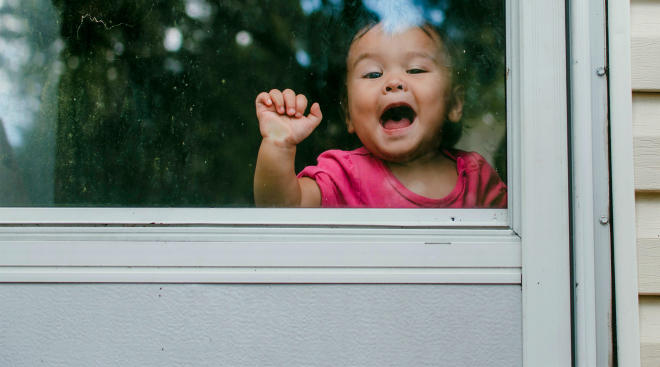Child’s Temperament May Drive How Much TV They Watch, Study Says
As the ongoing pandemic has forced millions of families inside, young kids are spending more time in front of screens than ever before. Of course, not all screen time is created equal, but experts still caution against the rising trend. Now, one study is saying that how much time children spend in front of screens, specifically, television, may depend on their temperament.
The study, conducted by University of East Anglia (UEA) and Birkbeck, University of London, looked at the brain responses of 48 10-month-old babies using electroencephalography (EEG) while they watched a 40-second clip from Disney’s Fantasia on repeat. The research team found they could predict whether or not the baby would enjoy watching fast-paced TV six months down the road. According to the researchers, this could help the ongoing debate around early TV exposure for babies.
"The sensory environment surrounding babies and young children is really complex and cluttered, but the ability to pay attention to something is one of the first developmental milestones in babies,” Dr Teodora Gliga, from UEA’s School of Psychology and lead researcher on the study, stated in a press release. “Even before they can ask questions, children vary greatly in how driven they are to explore their surroundings and engage with new sights or sounds.”
In the study, the researchers wanted to find out why babies appear to be so different in how they seek out new visual sensory stimulation (i.e. being attracted to shiny objects, bright colours or moving images on TV). There have been several theories to explain the differences, Gliga continues, including infants who are less sensitive will seek less stimulation and some babies may just process information and seek out new stimulation more often. However, the researchers wanted to test a third theory by showing babies who prefer newness may seek more varied stimulation.
To do this, the researchers looked at how the babies’ brain waves responded to the random interruptions to the clip. These were in the form of a black and white checkerboard that would suddenly flash on screen. Specifically, they looked to see how quickly the babies switched their attention from the repeating video to the checkerboard.
The researchers then asked parents and caregivers to fill out a questionnaire about their child’s sensory habits, including whether they enjoyed watching fast-paced and brightly-coloured TV shows. They followed up with a second, similar questionnaire six months later.
"As the babies watched the repeated video clip, EEG responses told us that they learned its content. We expected that, as the video became less novel and therefore engaged their attention less, they would start noticing the checkerboard,” Gliga said. “But some of the babies started responding to the checkerboard earlier on while still learning about the video, suggesting that these children had had enough of the old information. Conversely, others remained engaged with the video even when there was not much to learn from it.”
The researchers believe their work in being able to predict the babies’ television habits suggests that children’s television exposure is driven by their own nature, rather than early TV exposure.
“It is unlikely that our findings are explained by early TV exposure since parents reported that only a small proportion of 10-month-olds were watching TV shows,” Gliga said.
Next, the research team aims to look specifically at what drives these individual differences when it comes to paying attention to “novelty,” including the role early environments for babies may play in this.
"Exploration and discovery are essential for children’s learning and cognitive development. Yet, different children may benefit from different environments for their learning,” Elena Serena Piccardi, from Birkbeck, University of London, also said in the press release. As such, this research will help us understand how individualized environments may nurture children’s learning, promote their cognitive development and, ultimately, support achievement of their full potential.”
Please note: The Bump and the materials and information it contains are not intended to, and do not constitute, medical or other health advice or diagnosis and should not be used as such. You should always consult with a qualified physician or health professional about your specific circumstances.
Navigate forward to interact with the calendar and select a date. Press the question mark key to get the keyboard shortcuts for changing dates.




































